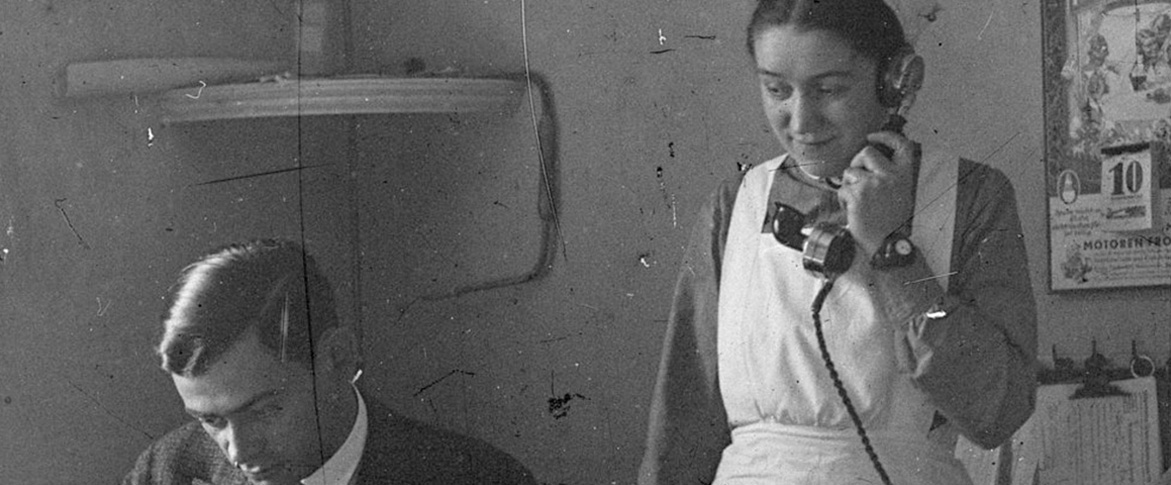Remote Possibilities

Covid-19 has led to a huge shift in the way we consult with our patients. Before the pandemic, 90% of patient contacts took place face-to-face.
That situation is now reversed with telephone, text-based and (to a lesser extent) video being used for over 80% of consultations in Primary Care.
As the pandemic subsides it is unlikely that the situation will revert to pre-Covid levels. Remote consultations are going to be a big part of our clinical lives for the foreseeable future. This is not all bad. As the Centre for Health Communication Research states:
“barriers which have been in place for years, preventing things like online communications, rapidly fell away when the lockdown kicked in”.
1 Those barriers arguably held back progress, denying patients access to the convenience and potentially empowering effects of remote consultations. This is not to say that face-to-face interactions with patients are going away – they will still have a vitally important place in primary care.
Certain conditions can only be fully assessed by the laying on of hands and whilst it is possible to express empathy by remote technology, sometimes the human touch is the only way to soothe a troubled patient.
To adjust to this new reality, we need to think about how we complete these consultations effectively.
Many of the communication skills needed for a good face-to-face consultation are transferable – the way you introduce yourself, build rapport and ask questions are all very similar. There are some important differences though and understanding these can help to reduce your stress as well as improve outcomes for patients.
There are ethical implications too – an estimated 9 million people in the UK lack the basic digital skills to use the internet effectively, with 7% of the population not using the internet at all. 2 Ensuring the “digitally excluded” are provided for in this new world is essential if this particularly vulnerable group are not going to be left behind.
As a good starting point, it is important to ensure that you are using the right communication method for the scenario you are dealing with. Some consultations (e.g., handling of test results) are easily dealt with by text message, others (such as mental health issues) are not. Use your gut instinct. If it feels wrong to be consulting with the patient remotely, it probably is. Be prepared to revert to face-to-face even if it creates inconvenience for you or colleagues.
We will be covering these issues and some of the key skills required for remote consultations in our Remote Consultation Skills for Primary Care half-day course. There will be an opportunity to role-play telephone, video and text-based consultations and receive expert feedback. Top tips and helpful resources will also be provided. Book your place on PCSA Online.
References
1) Nichols B, Underwood J, Hollings J. The Rapidly Changing NHS. Communication in the age of coronavirus. 2020.
(2) Lloyds Bank. Lloyds Bank UK Consumer Digital Index 2020. 2020 21/05/:1-98.
Photo credit: FORTEPAN / Wirthmann Julianna, CC BY-SA 3.0 <https://creativecommons.org/licenses/by-sa/3.0>, via Wikimedia Commons
Share This: